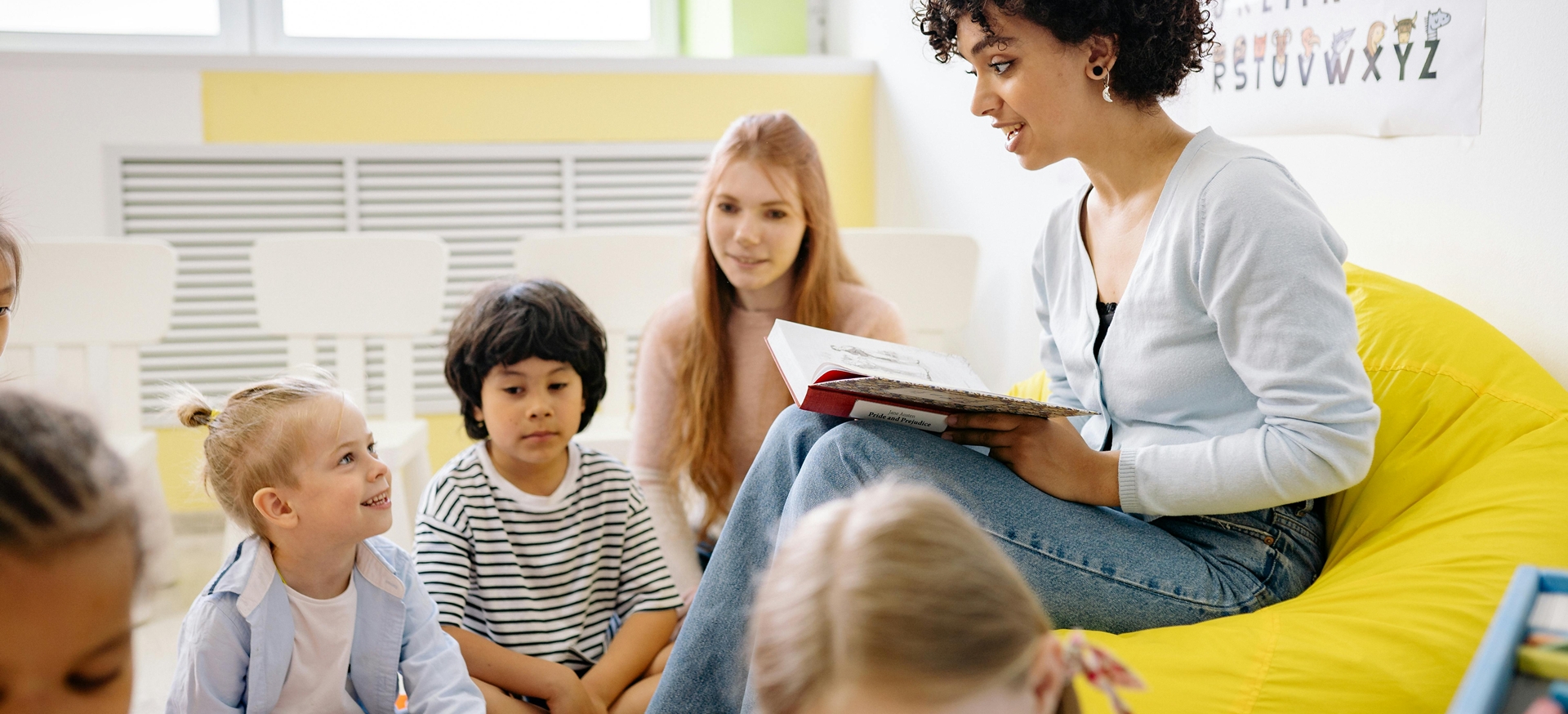


How to Prepare Your Preschooler for Social Situations

Preparing your preschooler for social situations is an important step in their early development. Whether it's playdates, classroom interaction, or family gatherings, the ability to express themselves and engage with others lays the foundation for healthy emotional growth. For young children, these experiences can be overwhelming at first, but with the right approach, they can gradually become confident and comfortable in different social settings.
Understanding Social Readiness in Preschoolers
Children at the preschool age are still learning how to navigate emotions, share space, and communicate clearly. Some children may naturally be more social, while others may need gentle encouragement. Social readiness doesn’t follow a strict timeline. It's more about exposure, experience, and the support they receive from parents and caregivers.
Parents often wonder when and how to begin the process. The truth is, you’re probably already doing it — through everyday conversations, storytelling, and role-play. The goal is not to force social behaviour but to enable it through familiarity and trust.
The Role of Home Environment
Your home plays a key role in shaping your child's social responses. A warm, communicative atmosphere helps children observe and absorb social norms without pressure. Talking to them regularly, responding to their cues, and modelling polite interactions (such as saying ‘thank you’ or waiting for your turn to speak) are all effective ways to teach them by example.
| Home Practice | Social Skill Developed |
|---|---|
| Greeting visitors together | Initiation of interaction |
| Storytelling and discussions | Vocabulary and empathy |
| Sharing toys with siblings | Understanding of fairness |
| Playing turn-based games | Patience and cooperation |
| Watching family conversations | Non-verbal communication cues |
Playdates and Small Group Settings
Introducing your child to other children in small groups is a good way to ease them into more complex social settings. Start with familiar friends or relatives of a similar age. Limit the duration at first — an hour is often enough for a first-time playdate.
Before the meeting, talk to your child about what they can expect. Role-play sharing toys, asking questions, or resolving small conflicts. After the playdate, spend time reflecting on what went well and what could be improved. Praise their efforts and encourage questions they might have.
Dealing with Shyness or Separation Anxiety
Shyness is not a flaw — it's a personality trait. Some children take more time to warm up to new situations or people. Instead of labelling your child as "shy", try saying things like, “He takes time to get comfortable, but once he does, he really enjoys it.” This shifts the focus from the behaviour to the process.
If your child experiences separation anxiety during preschool drop-offs, create a goodbye ritual. A hug, a wave, or a phrase like “See you soon, moon!” can offer comfort through consistency.
You can also use books and stories where characters navigate similar emotions. This builds both empathy and relatability, giving your child the tools to understand and express what they feel.
Encouraging Empathy and Listening
One of the strongest foundations for healthy social interaction is empathy. Encourage your child to think about others’ feelings. Ask open-ended questions like, “How do you think she felt when that happened?” or “What would you do if your friend was sad?”
Listening is equally important. During conversations, teach them to wait their turn, make eye contact, and nod to show they are listening. This doesn’t have to be strict — it can be part of pretend games or storytelling sessions. The key is to keep it fun and age-appropriate.
Using School as a Social Lab
Preschool is a perfect setting to practise and reinforce social habits. Teachers act as secondary guides who can observe your child’s behaviour in peer settings. Keep an open line of communication with the school. Share what works at home and ask for feedback on how your child is adapting socially.
Make it a habit to discuss their day. Avoid yes/no questions and instead ask, “Who did you sit with today?” or “Did you help someone or did someone help you?” Such questions prompt reflection and give you insights into their social progress.
Every child has a unique social journey. Your role is to offer support, set examples, and create opportunities to practise. With gentle encouragement, a bit of structure, and a lot of love, your preschooler will gradually learn to enjoy and thrive in social situations — setting the stage for stronger relationships and better communication skills as they grow.





